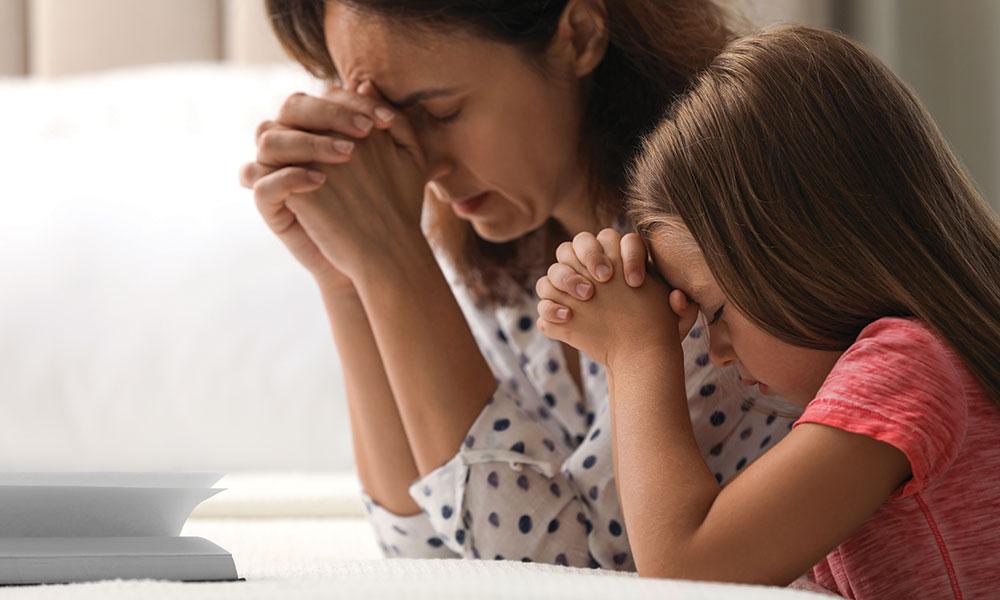
Generous Intercessions: The Power of Praying for Others
When we pray, we pray for others. St. Ambrose put it so well:
If you pray only for yourself, you pray for yourself alone. If each one prays for himself, he receives less from God’s goodness than the one who prays on behalf of others. But as it is, because each prays for all, all are in fact praying for each one. (Treatise on Cain and Abel, Book 1)
When we pray, we pray for others. St. Ambrose put it so well:
If you pray only for yourself, you pray for yourself alone. If each one prays for himself, he receives less from God’s goodness than the one who prays on behalf of others. But as it is, because each prays for all, all are in fact praying for each one. (Treatise on Cain and Abel, Book 1)
A part of the eucharistic prayer is always dedicated to praying for others. This usually includes a prayer for the Church, of which we are all a part. In particular, we usually pray for those present who are partaking in this sacrificial offering of the Mass. As the priest says these words, it might be good to think of the person sitting next to you or the family in front of or behind your pew. This is not so much to minimize our prayer, but to make it more concrete. These are brothers and sisters in the faith who, with me, are offering this sacred action.
The priest also prays specifically for the Holy Father and the local bishop, in addition to all the clergy. This is a reminder to us of what it means to be Catholic. This Eucharist we celebrate is the same throughout the world. It is through our bishop that we are in communion with all the other bishops and with the Holy Father. The priests often tell me that they pray for me every day. I laughingly respond that, yes, they have to! It is part of the Mass!
There is always a prayer as well for the dead. This is very Catholic. There would be no need to pray for the dead if there were no purpose in it. We pray for the dead, those in purgatory, that they may gain entrance into heaven. We believe that most of us will need some time of being “purified up” so that we are ready to see the face of God.
Purgatory has always made sense to me. Even if I have just gone to confession and thus been forgiven, I know that the effects of my many sins over all these years still remain, just like the ripples in a pond after a stone has been dropped in. I have tried to repair some of those effects by living a life of virtue, by love of neighbor and by continuing reform of my own life. But these acts, enabled by grace, are always a work in progress. I know that I want people to pray for me after my death, and I very happily pray for those who are dead that they may enter the presence of God and share the lot of Mary, the Mother of God, as well as of all the saints.
St. Augustine recorded the death of his mother, Monica. When his brother urged their mom to delay her death until they got home to North Africa in order to be buried there, she responded that she should be buried there at Ostia, Italy: “Bury my body wherever you will; let not care of it cause you any concern. One thing only I ask you, that you remember me at the altar of the Lord wherever you may be.” (Confessions, Book 9)
Some eucharistic prayers include a prayer for the whole world, that all may live in peace and for the salvation of all.


